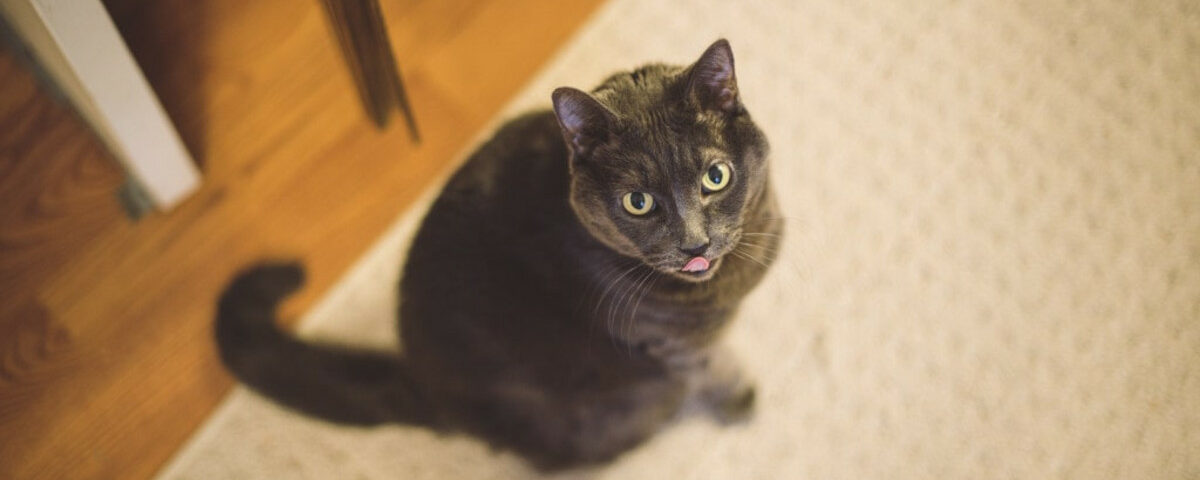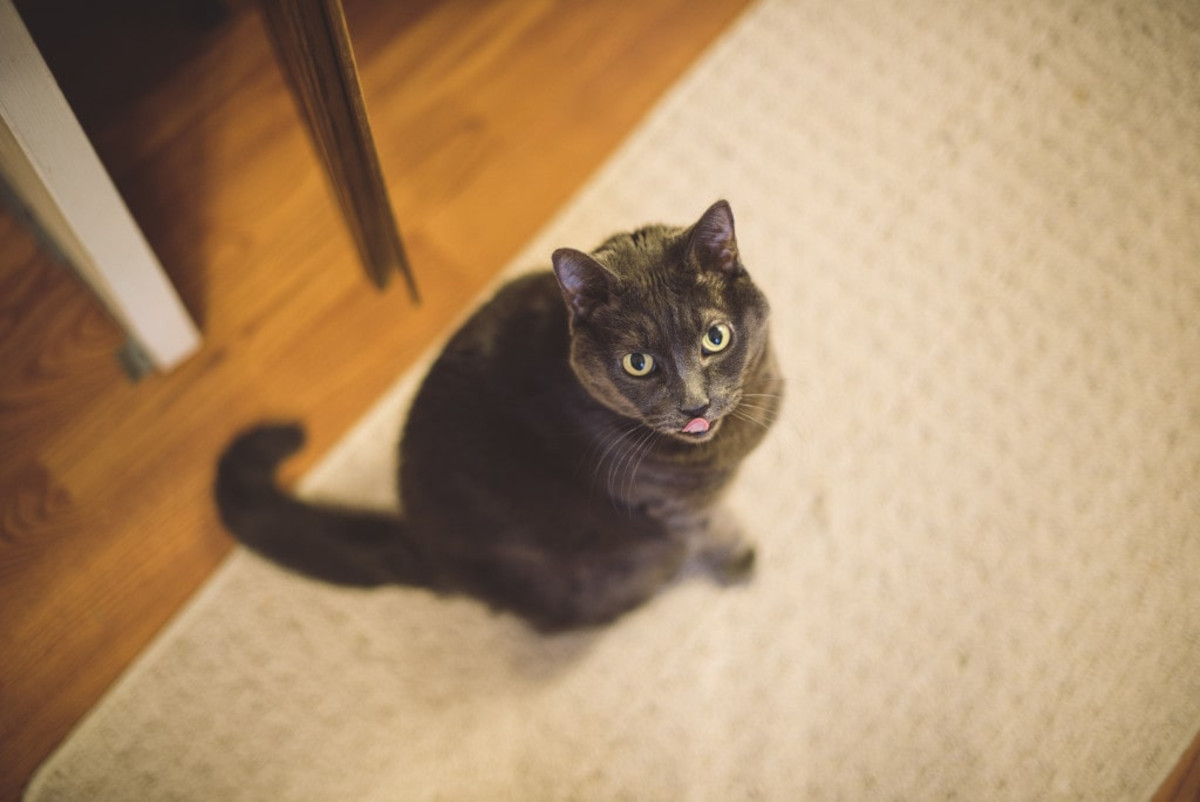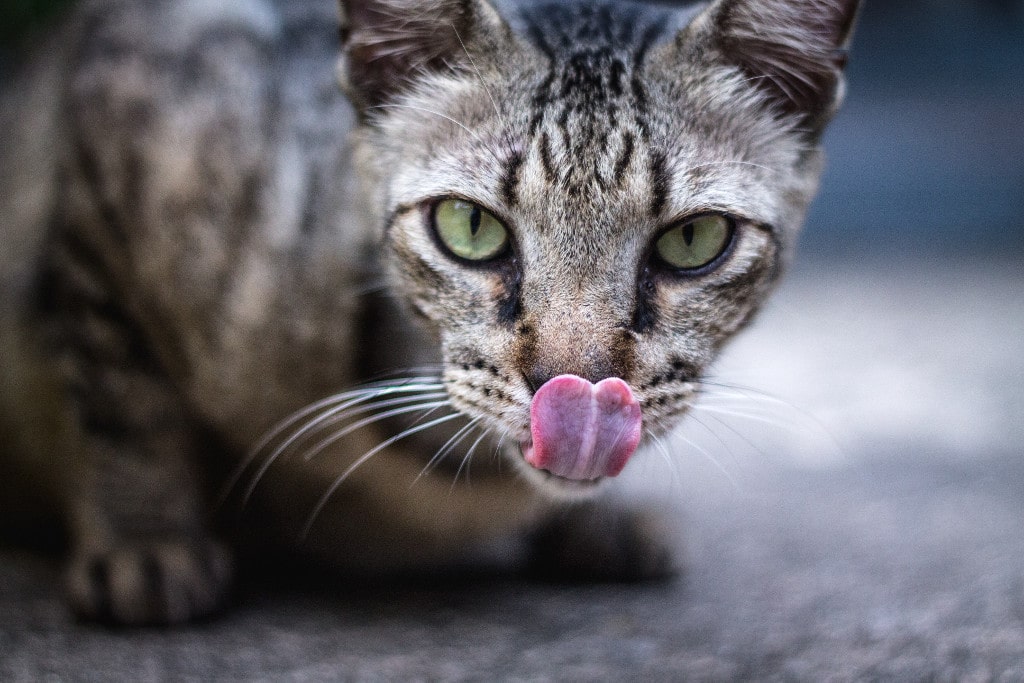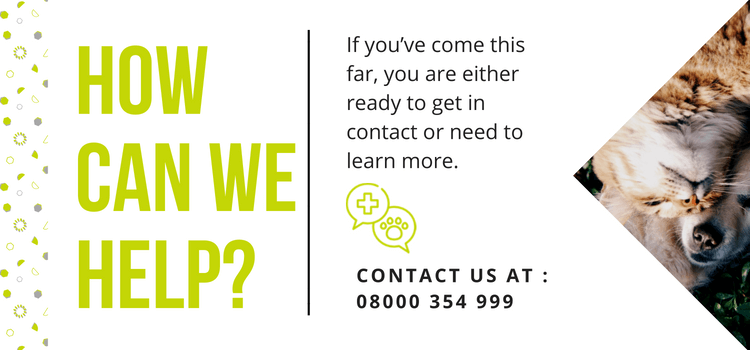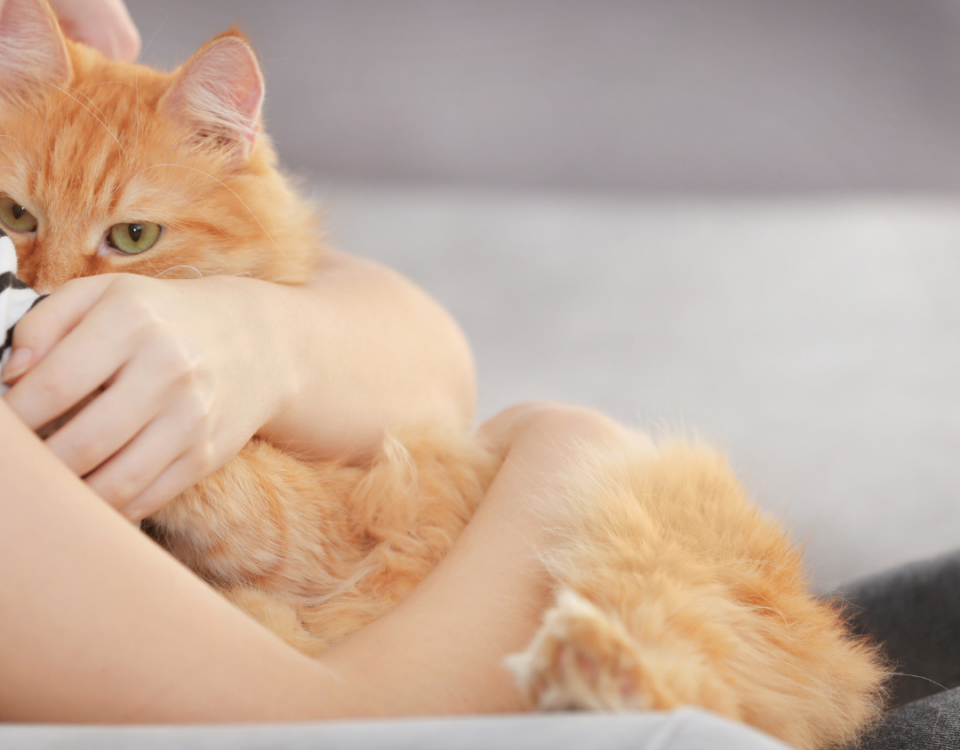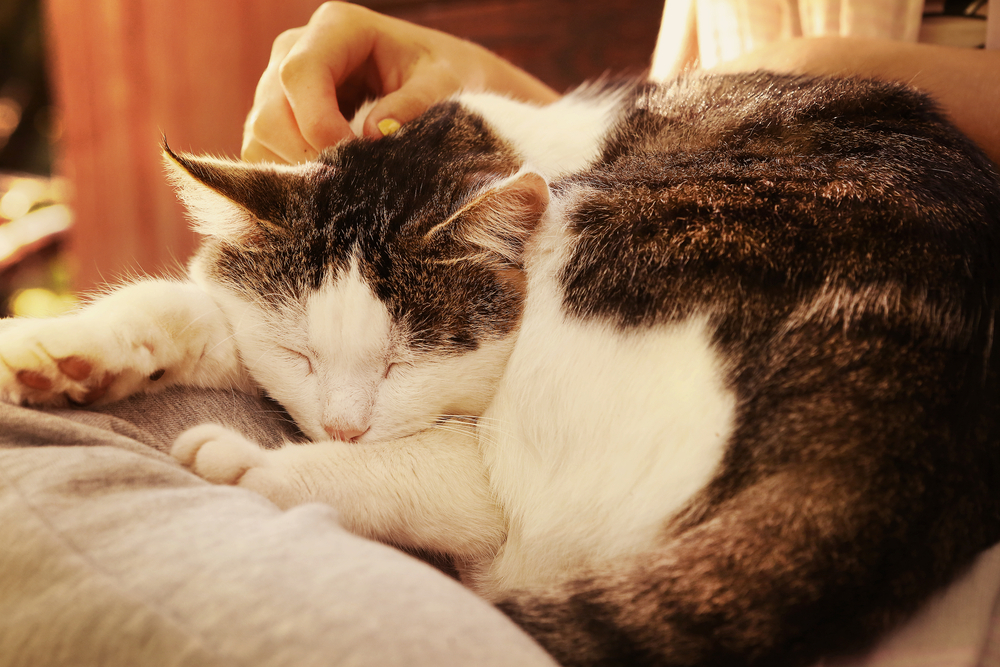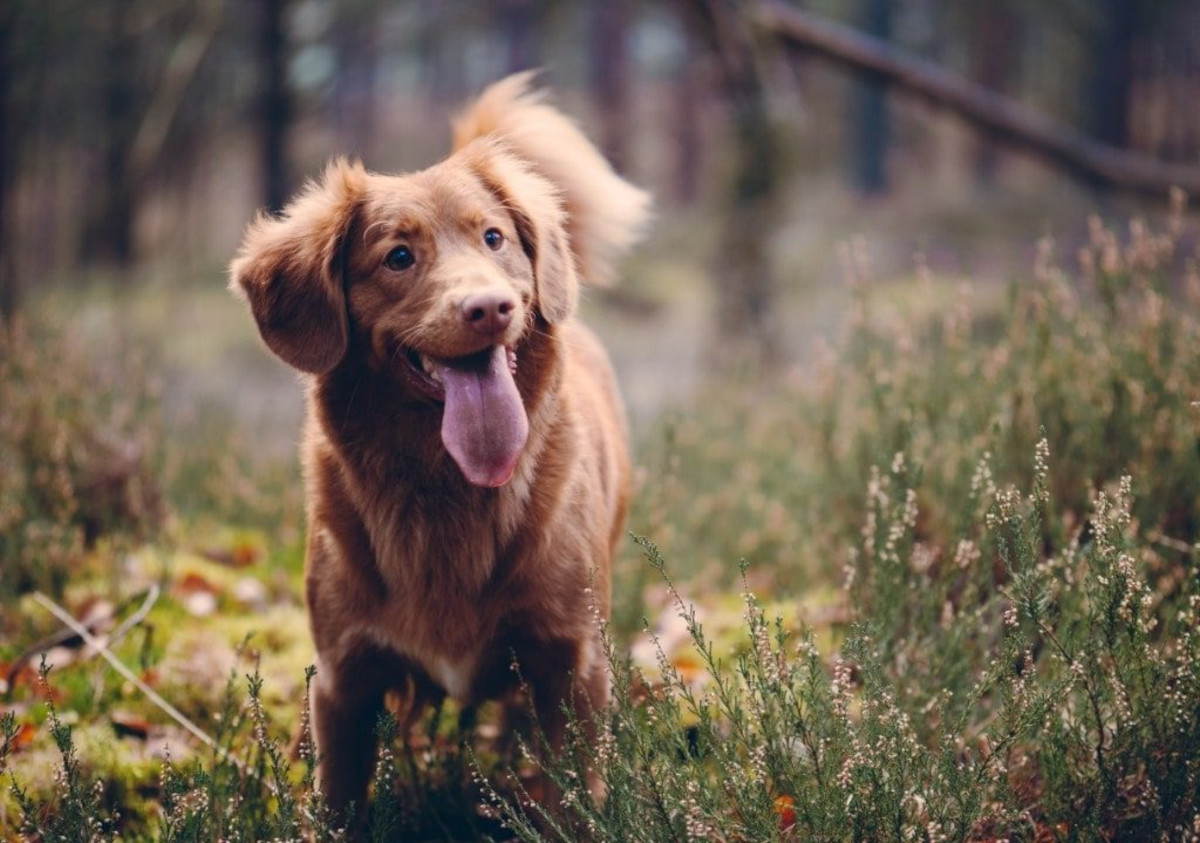
How Long Do Dogs Live? Dog Breeds And Life Expectancy
October 26, 2018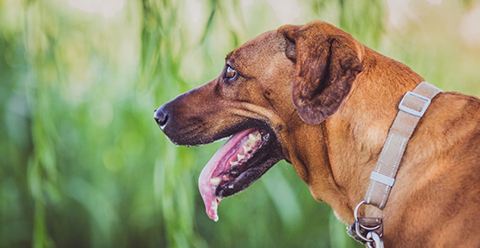
Reasons for Excessive Dog Drooling and Why You Should Be Worried
November 13, 2018
Why do cats dribble? This is a frequently asked question. It is quite common when your cat is happy and affectionate and is normally nothing to be concerned about. It’s generally a sign of comforting behaviours remembered from kittenhood nurturing.
But excessive cat drooling can be related to more serious issues. If your cat starts to salivate abnormally you’ll need to arrange a visit with your vet. Why do cats dribble? See probable reasons and warning signs here…
Trauma
Your cat may be drooling due to an injury caused by another cat, or been involved in a car accident. Injuries to the mouth induce drooling, particularly if oral burns have been suffered. Chewing through an electrical cable is an example.
You may be able to see the reason for the drooling as other injuries may be present. A trip to the vet will be necessary for a thorough check-up and treatment.
Foreign Bodies
Why does my cat dribble? This could be due to objects that get stuck in your cat’s throat such as bones, grass or sticks. This is a common cause of drooling.
Your vet will carefully remove any foreign body without causing more damage. Sometimes string can be seen in the mouth. This needs to be taken out by your vet as tugging could cause internal injuries. X-rays may be required to ensure the entire obstruction is removed.
Poisonous Plants
Many common garden plants and houseplants can be toxic if ingested. These include Aloe, Crocus, Chrysanthemum, Clematis, Daffodil, Lily, and Tulip. For an all-inclusive list, you should check with your vet. Avoid houseplants that could impact on health.
If you have any worries about your cat and plant consumption make a vet appointment quickly.
Other Poisons
Ingestion of poisonous substances is a cause for concern. Household cleaning products, insecticides, bleach, ammonia, and anti-freeze can all cause salivation alongside vomiting, muscle weakness, and lethargy. Accidental poisoning can lead to excessive drooling and can be corrosive in cats.
If you think your cat may have been in contact with any of these chemicals you should get in touch with your vet immediately.
Nausea
If your cat has been vomiting it may be due to eating too quickly, food allergies, or hairballs. But it can also be a sign of something more serious such as liver disease or inflammation of the intestines. These can all cause an increase in drooling.
Your cat may need blood tests to rule out malfunctioning organs. Your vet will check your cat’s blood and urine to make a diagnosis. Once they’ve done this, they can begin treatment.
Dental Disease
This can answer your question of why is my cat drooling? Dental disease is a major cause. Over 80% of adult cats will suffer from decayed, broken, or abscessed teeth. And many develop other oral gum issues or swellings in the mouth that may lead to drooling.
Your vet will prescribe the appropriate medications or may recommend tooth extraction. They will conduct the extraction under general anaesthetic. Your cat can also have professional dental cleaning to keep on top of any issues.
Kidney Failure
Chronic renal failure has many symptoms including drooling. It can result in loss of weight, increased thirst and urination, and bad breath. When waste products build up in the bloodstream they cause ulcers. Kidney failure is one of the most common causes of death in cats.
Your vet will take blood and give IV fluids. Your vet will administer the appropriate medication, and they will advise you diets that protect the stomach.
Tumours and Cancer
Older cats may continuously dribble if they have oral tumours. This is accompanied by an unpleasant odour. Tumours growing under the tongue can cause difficulty in eating. If the drool is bloody then this is an indication that the disease is progressing.
Cancers can develop anywhere but often in the mouth. Signs include the inability to close the mouth, not eating, bad breath, and drooling.
Depending on the diagnosis your cat may not be able to continue with any quality of life. Treatments may include chemotherapy, radiation, and possible surgery. You will have to manage any incurable disease with your vet’s assistance.
The Vets Opinion
When you take your cat for a diagnosis you’ll need to provide as much information as you can. You vet will consider several factors when making a diagnosis. These include the amount of time your cat has been drooling, whether your cat has been vomiting, other symptoms, and your cat’s medical history.
The Final Option
Putting a cat to sleep may be the kindest decision you can make when your cat is suffering. A qualified vet will be carry out the procedure at your home. They know how to look after your pet and you. The design of this peaceful end of life procedure meets all your needs and wishes.

